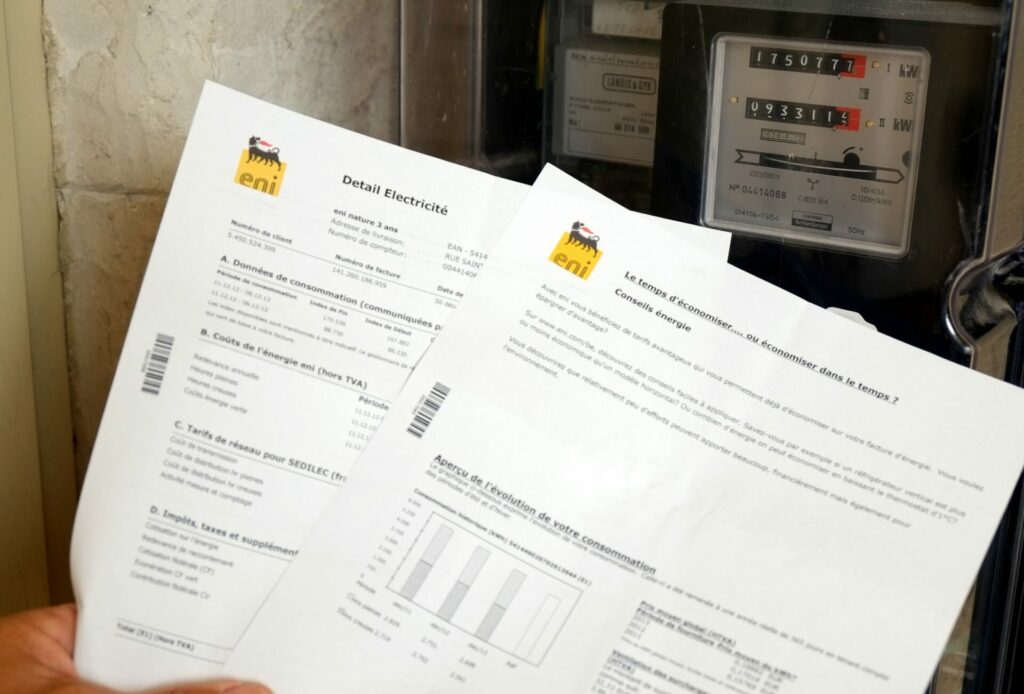As energy prices have been dropping since September 2022 and people have adjusted to consuming less, households' advance payment bills will soon start decreasing spectacularly.
Nearly all major energy suppliers – Engie, Luminus, TotalEngergies, Eneco and Mega – announced the expected reductions in their advance bills, as the wholesale gas and electricity prices have been falling month after month without interruption since the peak in August 2022.
Gas prices dropped almost 80% on the wholesale exchange markets in recent months, while electricity decreased by more than 75%. The Federal Government, for its part, recently reached an agreement with energy suppliers: these companies should spontaneously propose new advance payments to their customers at least every four months.
For households who started their contracts in the extremely expensive months of August, September, October and November, this is very good news; advances will almost certainly fall. In September, those families paid an average of almost €770 a month for gas and electricity, according to VREG (the Flemish Energy Regulator). Currently, that's about €280 – but this large price drop was not yet visible on the advance bills.
Lower consumption
Now, that all changes. Engie, the largest supplier in our country, will send an updated proposal to its customers in the coming weeks. Luminus, too, will send out an additional communication at the end of February. Eneco promised it will pass on the lower prices in the coming weeks.
So will Mega, which claims to send updates to its customers every two months. Earlier, TotalEnergies indicated that it will mail some 35,000 customers this week with a proposal to reduce their advance amount.
However, the falling prices are not the only thing bringing down the bills; people are also consuming less.
Last year, Flemish households consumed 14% less gas and 12% less electricity than in 2021, distribution network operator Fluvius calculated. In January 2023, Belgian households would have consumed 16% less electricity than in the 2017-2021 period, according to high-voltage grid operator Elia.
Related News
- Didn't receive your energy premium? Find out how to apply manually
- Belgium's Government moves to keep a lid on energy prices
- Belgium agrees with energy companies to lower advance payments
Exactly how much (and when) the advances will decrease depends on a case-by-case basis and is different from contract to contract. With fixed-rate contracts, the advance only decreases when consumption drops: the prices themselves remain fixed for at least a year.
Even with variable contracts, however, price changes can vary: with some, the price is adjusted every month, with others it is every three months. The prices themselves can be based on daily, monthly or quarterly averages. The differences also strongly depend on the consumption rate and the type of contract: most advance bills will decrease a few tens of euros a month, but some advances have dropped by as much as €250 per month.
Importantly, it is also possible that bills may still rise, several suppliers warned. Customers who did not increase their advances may still have to pay a big sum when they receive their final bill. Additionally, people whose old (cheaper) fixed contracts from 2020 or 2021 are expiring, will almost always face more expensive contracts and therefore, higher monthly advances.

